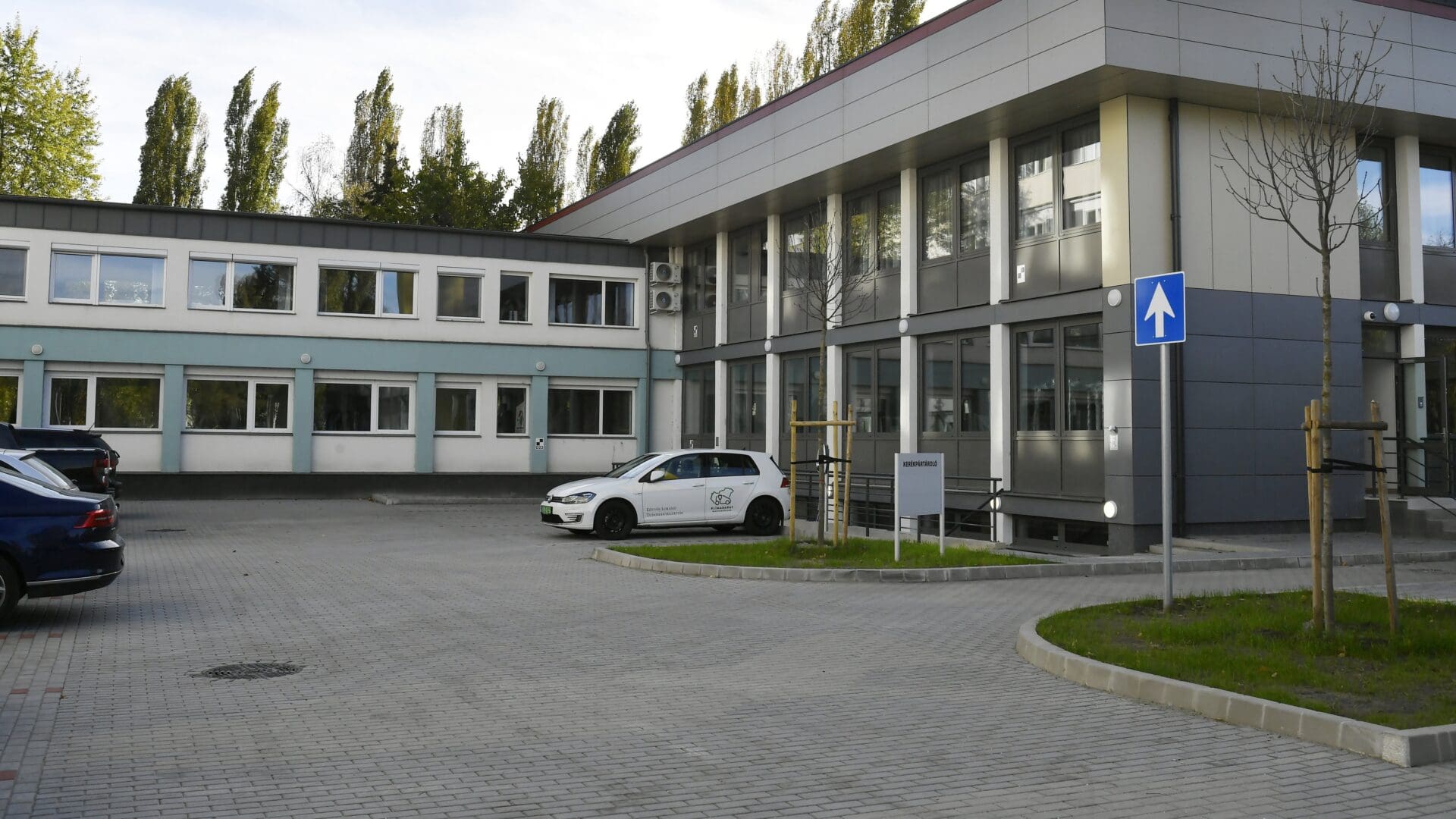‘We won’t back down from the work; we will continue to develop Hungarian higher education,’ State Secretary responsible for innovation and higher education at the Ministry of Culture and Innovation declared in Budapest on Thursday.
Balázs Hankó, during the ceremonial opening of the renovated building of the Márton Áron College at Eötvös Loránd University (ELTE), emphasized the ongoing creation of a higher education structure that makes universities more competitive and elevates their status.
Over the past period, Hungary has taken over 50 halls of residence from private investors, in the value of 150 billion forints. The subsequent renovations, renewing approximately 8,000 residences, are of not only infrastructural importance but also hold significant national political value. These halls provide a home for around 300 Hungarian students from abroad. Hankó emphasized that the government is committed to supporting Hungarian higher education throughout the Carpathian Basin. He stressed the necessity for competitive, high-quality Hungarian higher education and its corresponding economic power.
The state secretary articulated the vital goal that the number of university graduates among the Hungarian diaspora should exceed their representation within their respective countries,
with universities becoming cultural hubs for Hungarian communities abroad.
He called the opening of the Márton Áron College’s renovated building a defining moment in infrastructure development. The renovation, which was supported by the Hungarian state in two phases, cost nearly 13 billion forints and as a result of it, some 1,000 ELTE students will not have access to a high-comfort, modern hall of residence.
Hankó highlighted the accessibility of higher education in Hungary, where everyone can choose the university they want to study at of their own free will. He praised Hungarian higher education, noting that the latest data indicates that 13 Hungarian universities are now ranked among the world’s top, with several of ELTE’s programmes ranking in the top 250 globally. Hankó expressed his confidence that by 2030, there will be a Hungarian university among the world’s top 100 higher education institutions. He also mentioned that the success of Hungarian higher education includes a 33 per cent increase in student enrolments compared to previous years, making it the highest number of enrolments in the last seven years. This means more people are interested in the successes of Hungarian higher education, and competition for admission has become more rigorous.
Hankó emphasized that today, eight out of ten students start their studies with state scholarships,
with the Hungarian government providing six million forints per student for their education.
He stated that as long as there are knowledge-thirsty Hungarian youths, there will be Hungarian national development and a Hungarian future, asserting that universities serve the preservation of the nation.
In his remarks, Hankó also commemorated the namesake of the institution, the Bishop of the Hungarian Catholic Church in Transylvania, Márton Áron. He recalled that Márton Áron, during a difficult period for the Hungarian people, saved souls, preserved and strengthened the Christian faith of the Hungarian community in Transylvania and Szeklerland- Even when the Romanian Communist regime imprisoned him, Márton Áron’s faith, determination, and willingness to act multiplied in the hearts of many.
Related articles:








